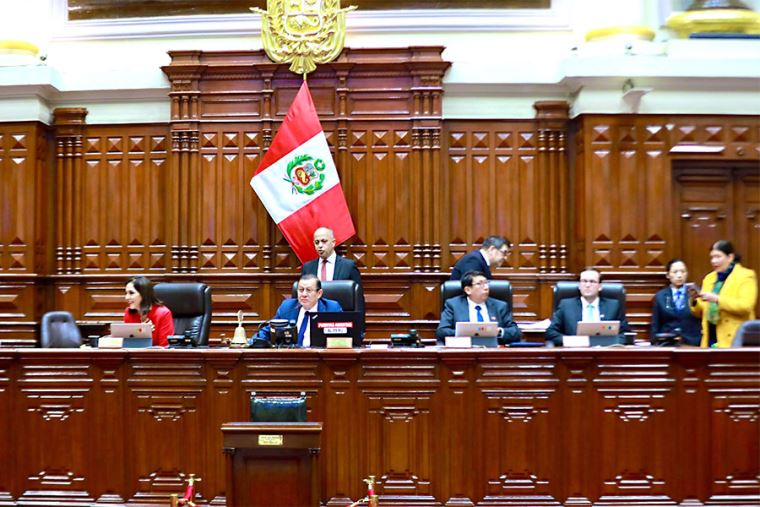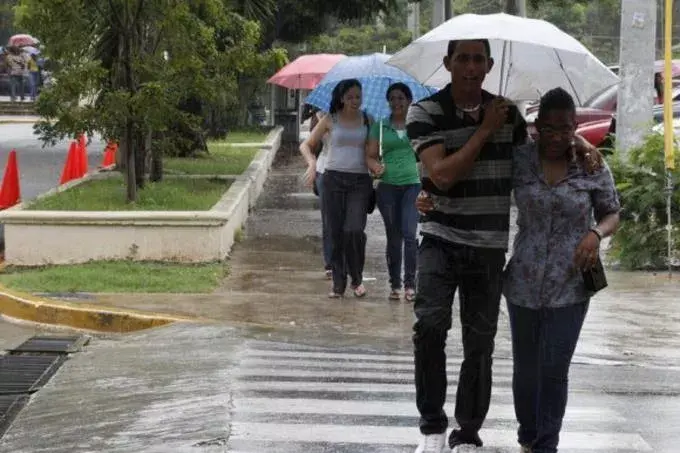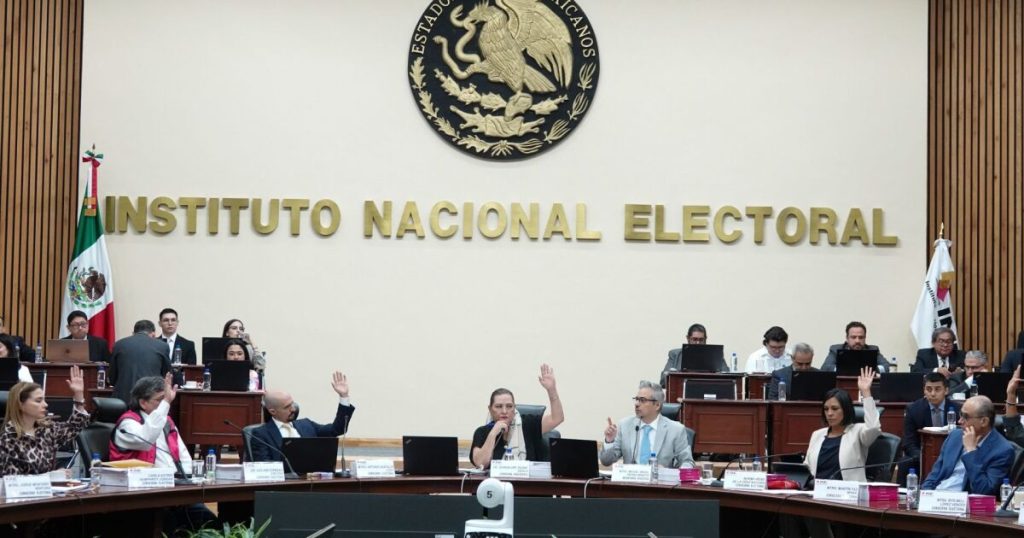After almost two weeks of the legislative period ending, the first session of the Permanent Commission begins tomorrow, Friday. On that day, the vote on a large package of opinions on bills that were pending in the last plenary session on Friday the 13th has been included.
LOOK: IPAE: We “flatly” reject the recent law of Congress that creates new public universities
In this accumulation of regulations, the laws for the creation of two new public universities stand out: the first vote on Bill No. 8585, which provides for the creation of the National Intercultural University of Tacna; and the second vote on Law No. 6857, which creates the National Andean University of Huánuco.
If the Permanente gives the green light to the creation of this last university – that is, that of Huánuco -, with this there would be, to date, 21 new public universities that would open their doors, in various regions of the country, as soon as they are approved in second vote—either in the Permanent Assembly, which will meet until February 2025, or in the Plenary Session, which will be reactivated with the next legislature starting in March 2025—their respective laws, which give them their birth record.
In total, as Peru21 has reported, 41 new public universities are about to be approved in the country, which would be added to the current 49 national universities that have a license from the National Superintendency of Higher University Education (Sunedu).
The vice president of IPAE, María Isabel León, told Perú21 that in this new maneuver that would be carried out in the Permanent Commission it is clear that Congress “does not listen” to her request to reverse the creation of more universities in the country due to who do not have the technical support to do so.
SYSTEMATIC CRIMINALITY AND NGOS
In this package of laws there is also the second vote on the systematic crime law, which proposes a sentence of up to 35 years for those who, through the use of violence, cause terror, panic or anxiety in the population; and the law that allows the Armed Forces to coordinate work with the Police in the fight against illegal mining in areas of state of emergency.
On the other hand, the vote on the law that controls NGOs is also on the agenda. This, despite the fact that there has been foreign pressure, such as that of the United States, Canada and Great Britain, for it not to be approved.
I KNEW THAT
-María Isabel León, vice president of IPAE, told Perú21 that she will try to get the Permanent Commission or the Education Commission to listen to her position so that the Executive does not approve the creation of 21 new universities.
-There is fear, for León, that the Permanente will approve the second vote of the 20 universities.
-“They don’t listen. It is a nameless legislative populism. It is pure political calculation,” said the IPAE senior executive.
This is the agenda of the Permanent Commission.
















